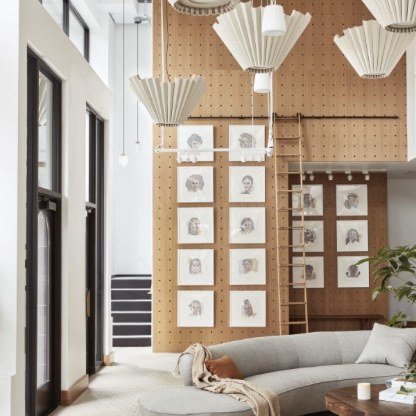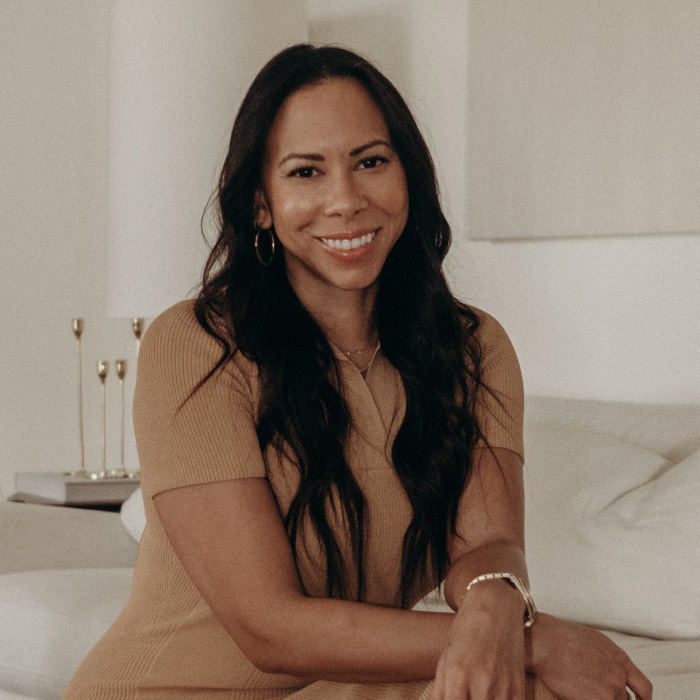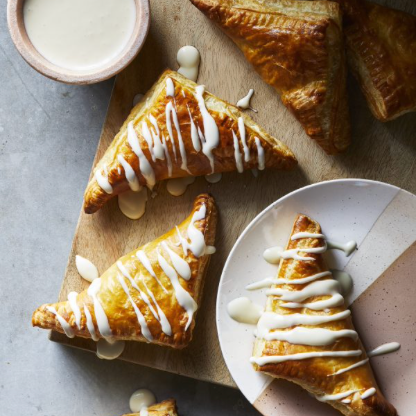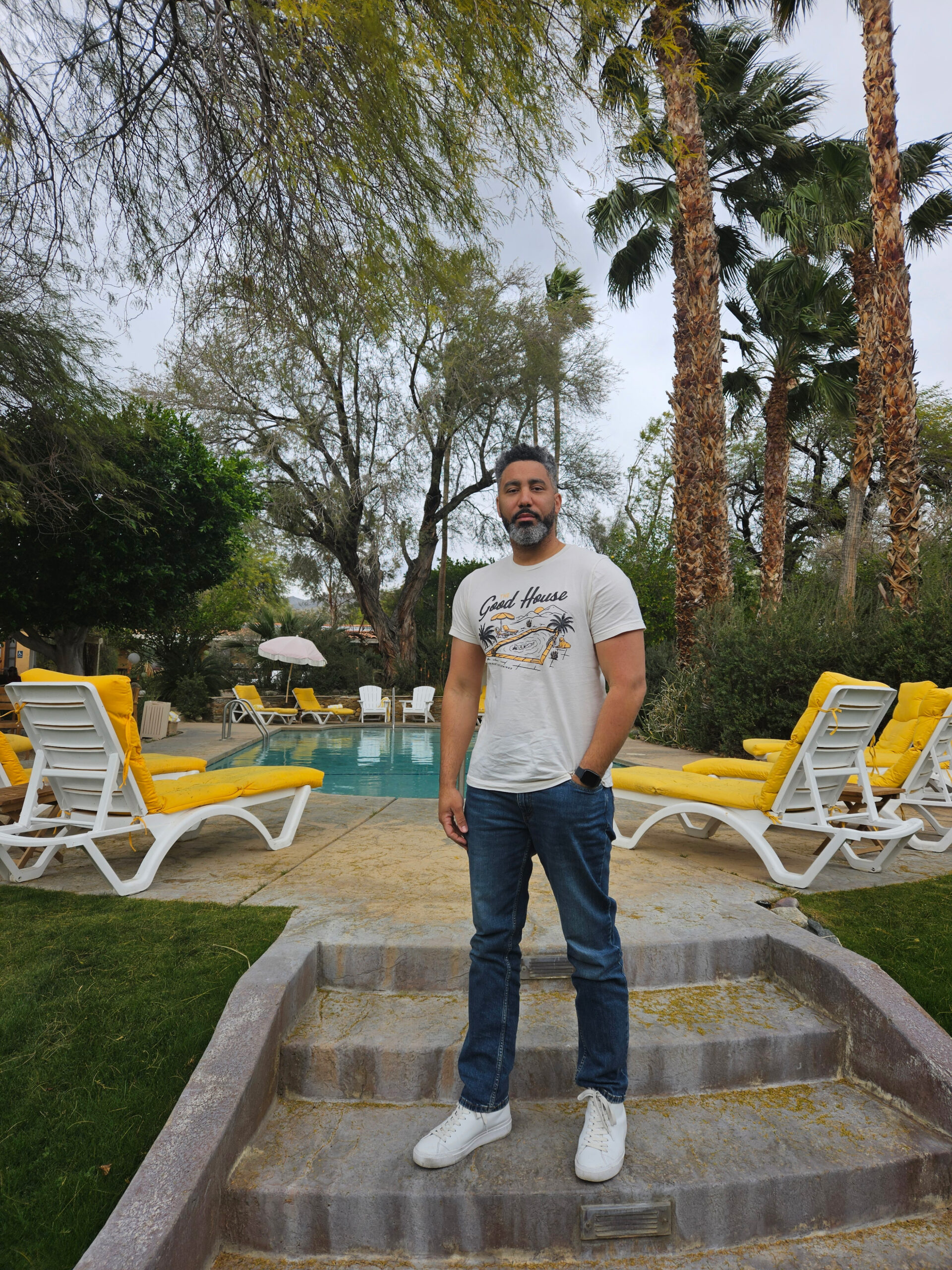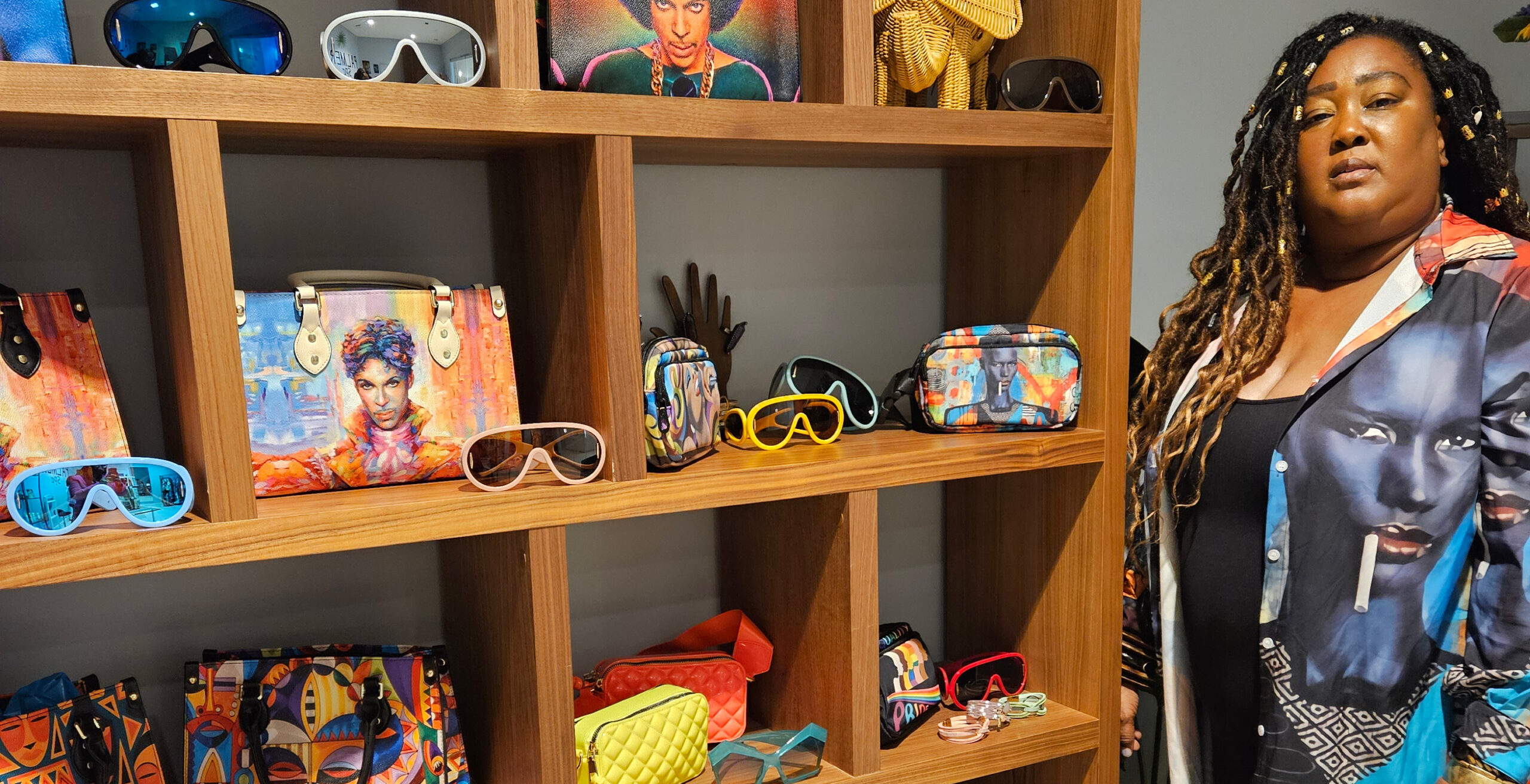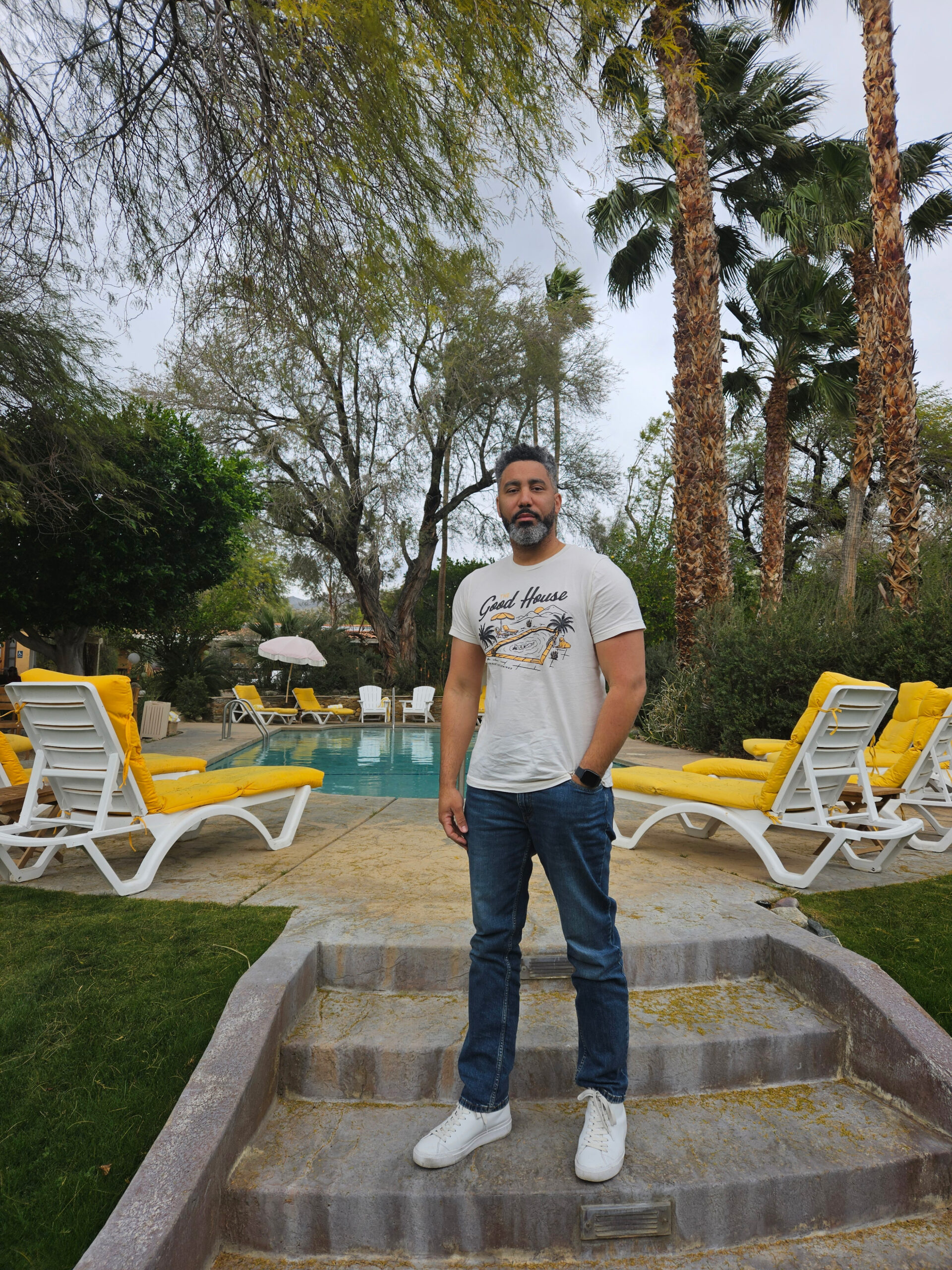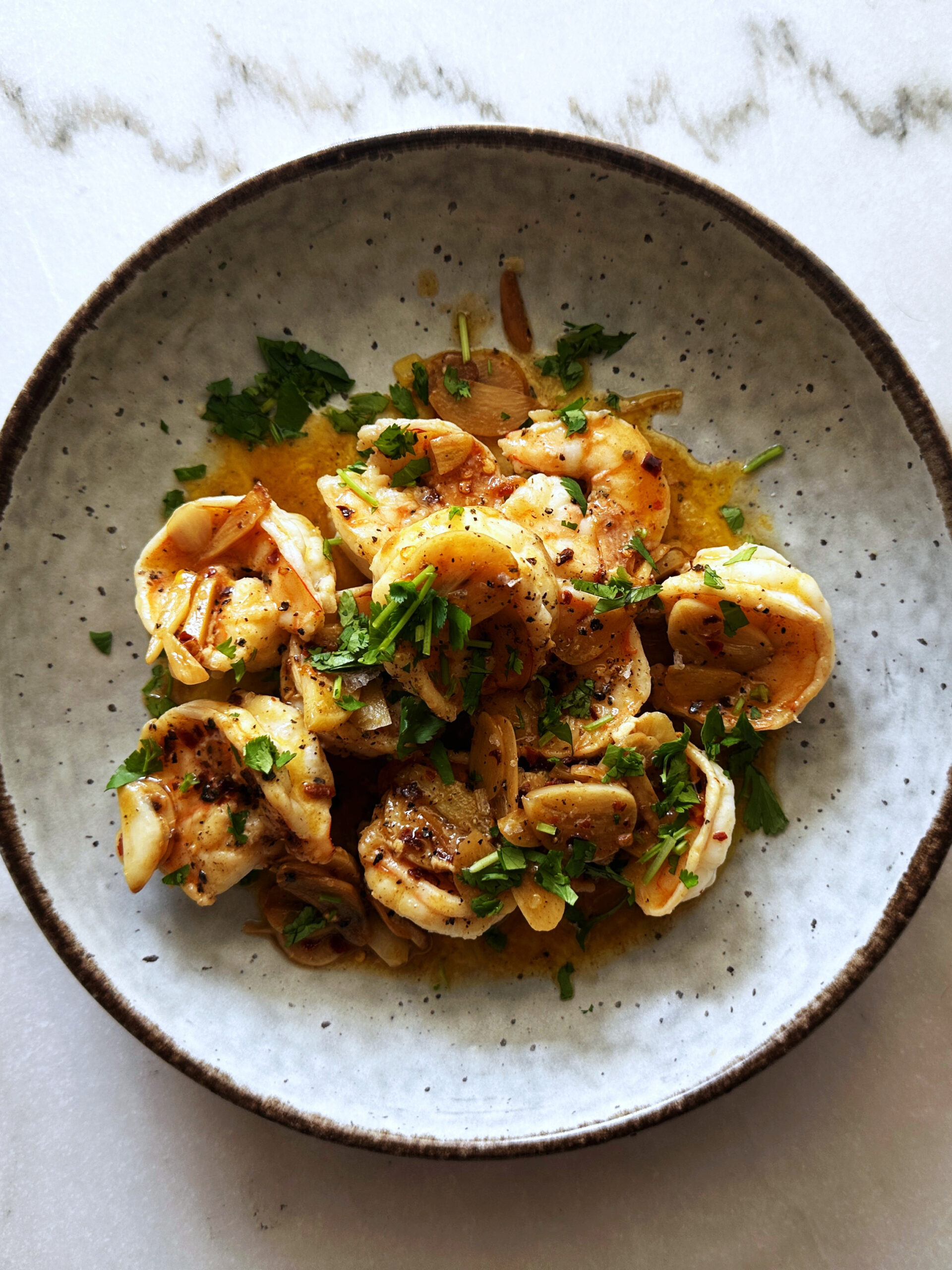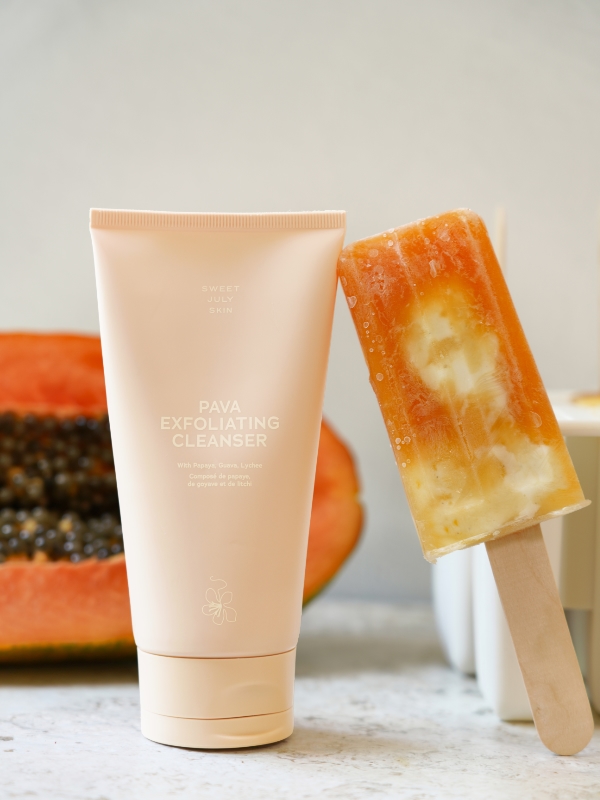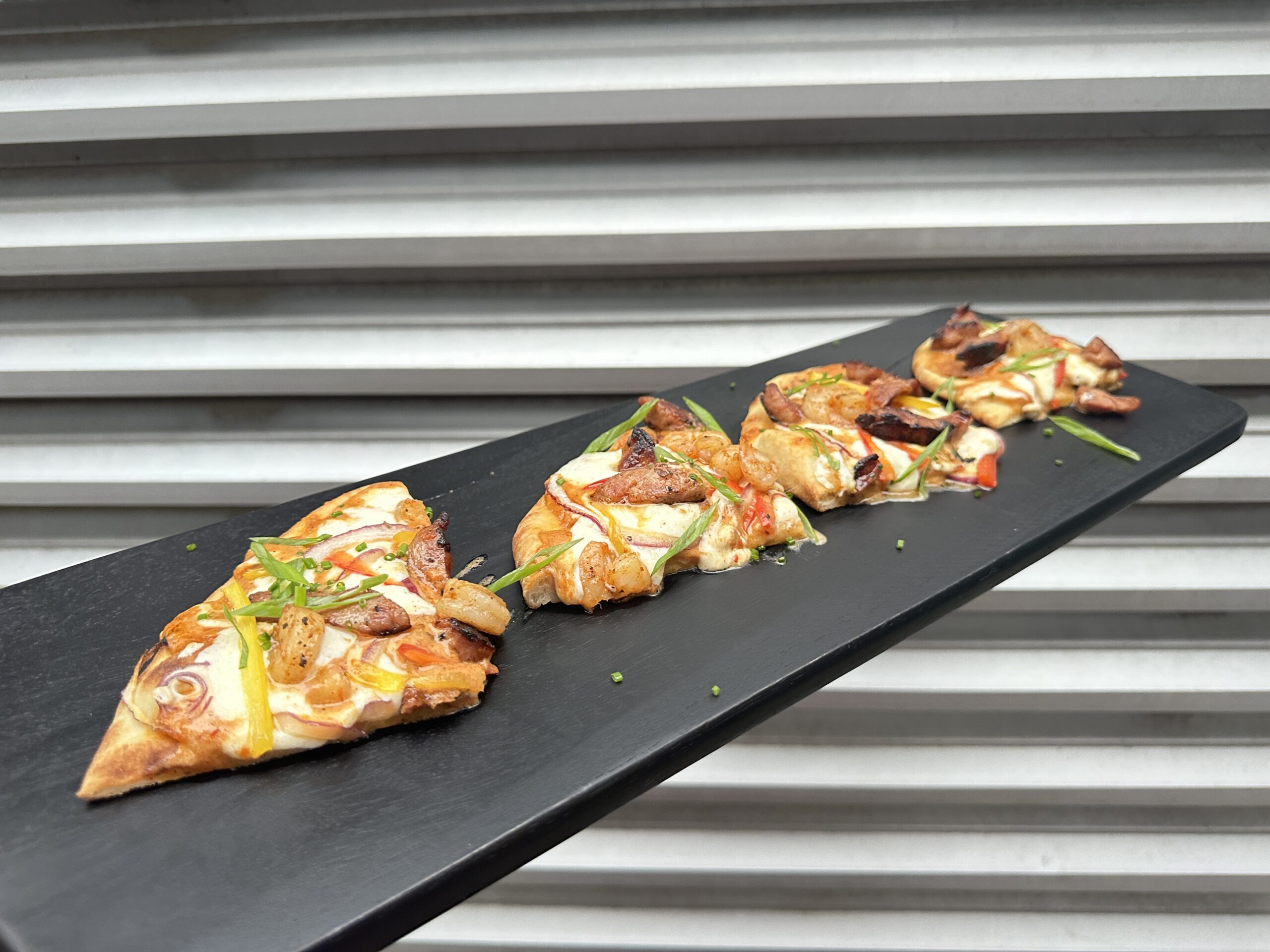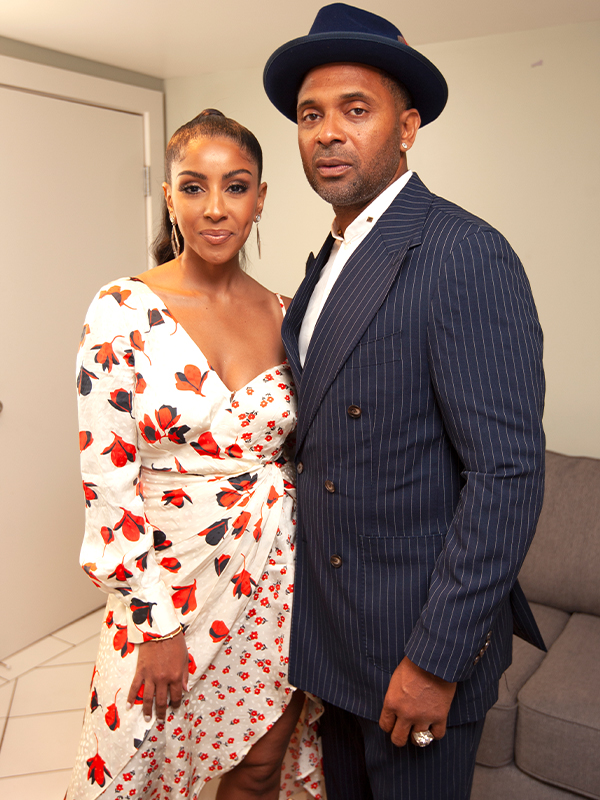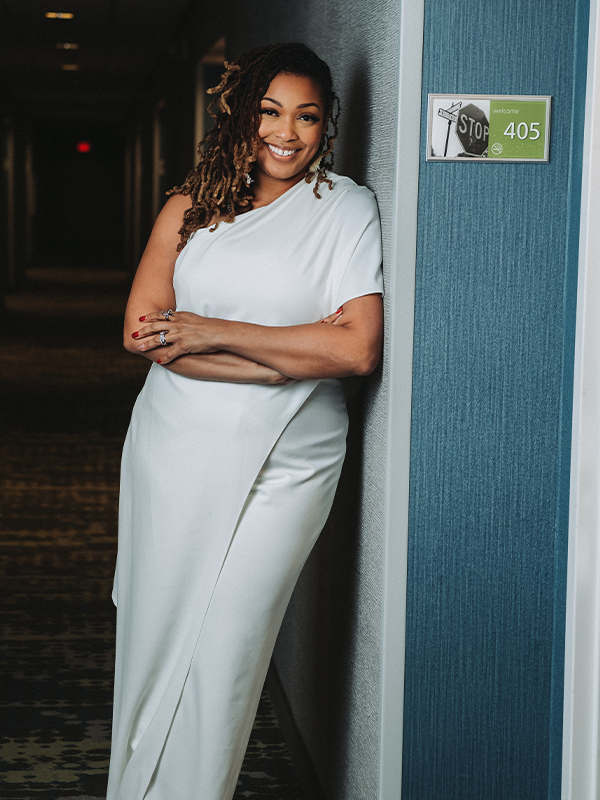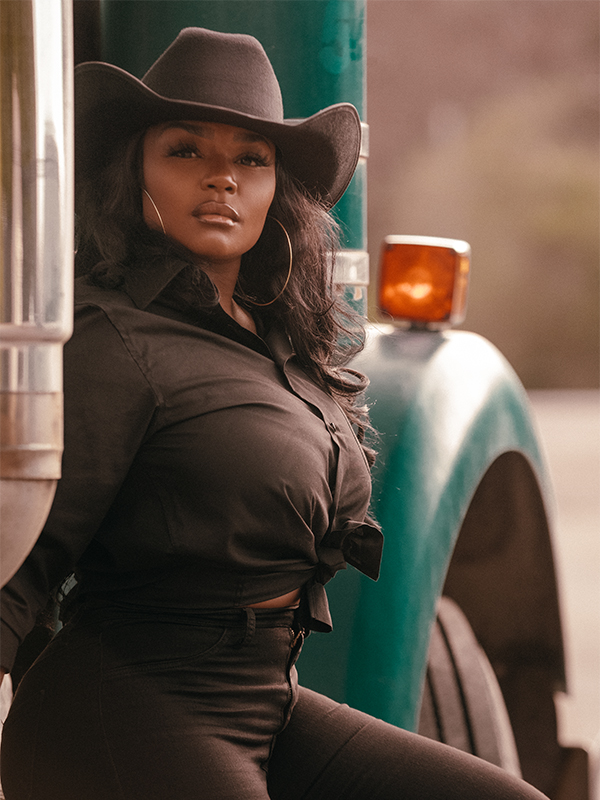Palm Springs has been a star-studded getaway for years. Also known as Coachella Valley, the desert city is just about a two-hour drive from Los Angeles, Orange County and San Diego and is a popular destination for spa weekends, bachelorette trips, business conferences, tennis and golf tournaments and, of course, festivals like Coachella.
As tourism continues to be a driver for economic growth in the area, Black entrepreneurs, many of whom are Palm Springs natives, are staking their claim following a history of racially-motivated attacks on Black-owned businesses.
“Being only 5 percent of the city’s population, few African American businesses exist,” says Deiter Crawford, owner of the Urban Palm Springs tour and a fourth-generation resident. “There are not many commercial businesses here that African Americans own.”
Crawford’s family arrived in Palm Springs in the 1940s, during a time when many Black Southerners migrated west for opportunities and to escape Jim Crow. “Rental opportunities were not offered to people of color and deed restrictions prevented land purchase,” says Crawford, so those Black families who decided to settle in Palm Springs rented a neighborhood of homes, churches and other cultural institutions on the tribal land of the Agua Caliente Band of Cahuilla Indians known as Section 14, comprising a part of what is now known as downtown Palm Springs.
In 1966, the tribe’s white conservators forced the Black residents out of Section 14, which included Crawford’s relatives; many of them had their houses burned down or demolished while at work. A few years later, residents who wanted to rebuild businesses or own homes faced discrimination and barriers to securing loans.
Today, Black Palm Springs natives are passionate about reclaiming what was lost and taken from them and are leaning into Palm Springs’ steady visitor traffic to do so. “Tourism is our largest industry, so if you’re not in the tourism side of the business, you’re missing out on many potential earnings,” says Crawford.
Crawford is among the many Black business owners creating more inclusion in the city and making their mark on the tourism experience in the process.
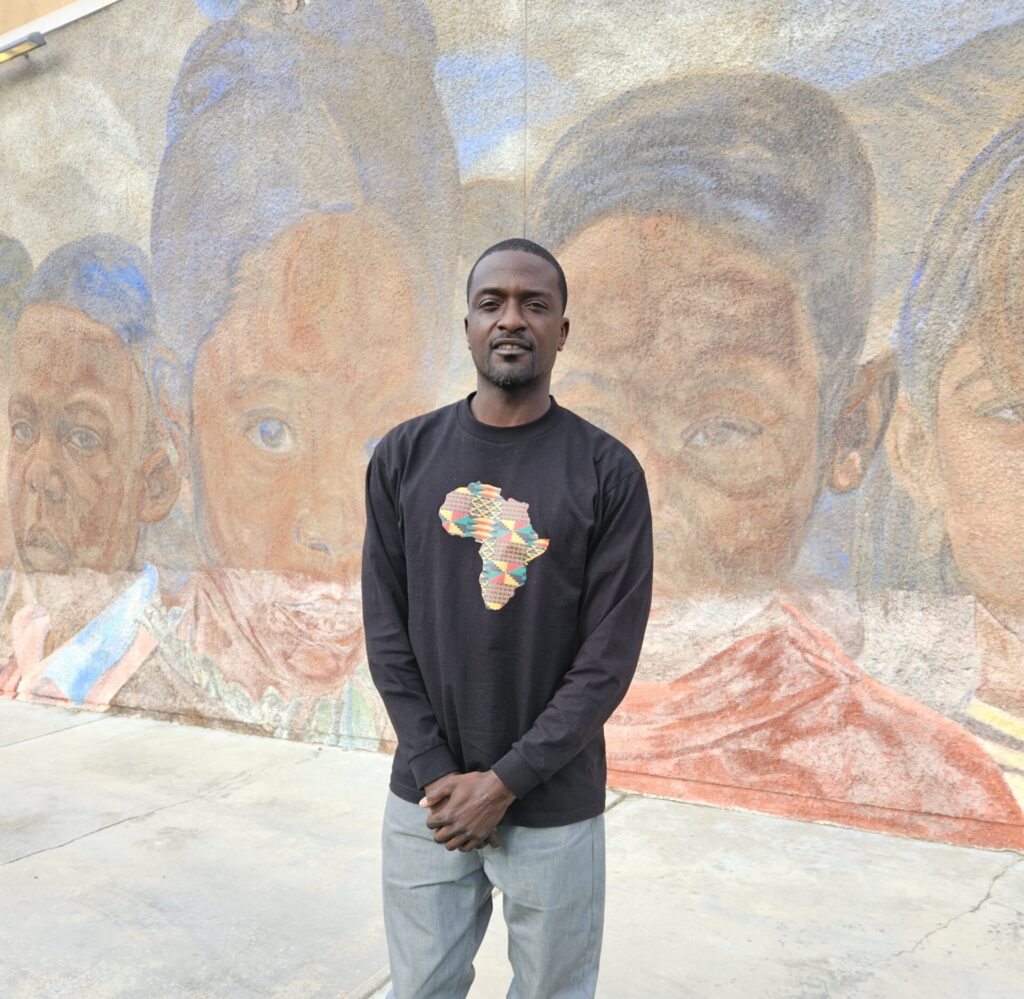
Urban Palm Springs
There are many sight tours to participate in while visiting Palm Springs, including the popular mid-century home tour. Few people know that Black Palm Springs natives played a part in building those historic neighborhoods. “My grandfather and most of the men in the community that I was raised in worked in construction, and they helped build many of the buildings that you see here in Palm Springs today,” he says. “They’re responsible for building much of the mid-century modern architecture Palm Springs is famous for.”
That’s why Crawford gives visitors a different perspective through his Urban Palm Springs Black History tour. A board member of the Palm Springs Black History Committee and a member of the Desert Highland Gateway Estates Community Action Association, Crawford paints a different picture of Palms Springs in the 50s and 60s, with a tour that introduces visitors to Black developers, architects, activists and athletes who impacted the city. Guests will also see churches, schools, community centers, and the Desert Highland Gateway Estates, the largest predominantly Black neighborhood in Palm Springs. He also offers hikes and jeep tours of nearby national parks and ecological landmarks.
The idea to launch the Urban Palm Springs tour emerged for Crawford as a teenager working at the local grocery store. As Black tourists patronized the store, they asked him about activities or businesses for Black people in the area. Today, he continues to be a face of Black Palm Springs culture. “I think it’s important for Blacks and other people of color to capitalize off some of the benefits the other residents are getting,” he says. “We want to be here and be able to make money off the tourists as well, and not just let the traditional business owners and white residents capitalize off that wealth that’s passing through.”
Good House Desert Palm Springs
When Brian Edson took his first trip to Desert Hot Springs, a town within the Greater Palm Springs’ Coachella Valley it was to visit and potentially invest in a small hotel property that was going on the market. He was hesitant about this potential new business venture, but after spending one night in the area and taking a swim in the hot spring, he woke up feeling relaxed and open to the idea of owning the property.
In April of 2021, Edson and his business partner closed on the property, and he began renovating it. With a knack for real estate that runs in his family, Edson was already well-experienced in acquiring property, but this purchase made him the only Black hotel owner in Greater Palm Springs. According to The National Association of Black Hotel Owners, Operators, and Developers, only 2 percent of U.S. hotels are Black-owned.
The Good House Desert Hot Springs is a seven-bedroom property with an experience that centers around relaxation and hot springs, which is what the area is known for. Two dollars of every night stay gets donated to the LGBTQIA community center. The hotel also has a food and beverage program curated by a Wolfgang Puck-trained chef and its own rosé wine. If the hotel is at capacity, there is also the option to purchase a day pass. It also frequently hosts events, like a recent Nike x Megan Thee Stallion gathering, and countless wellness retreats. “We’re the smallest property in the hot springs area, and I think that the feedback we get from our guests is very much along the lines of home,” says Edson.
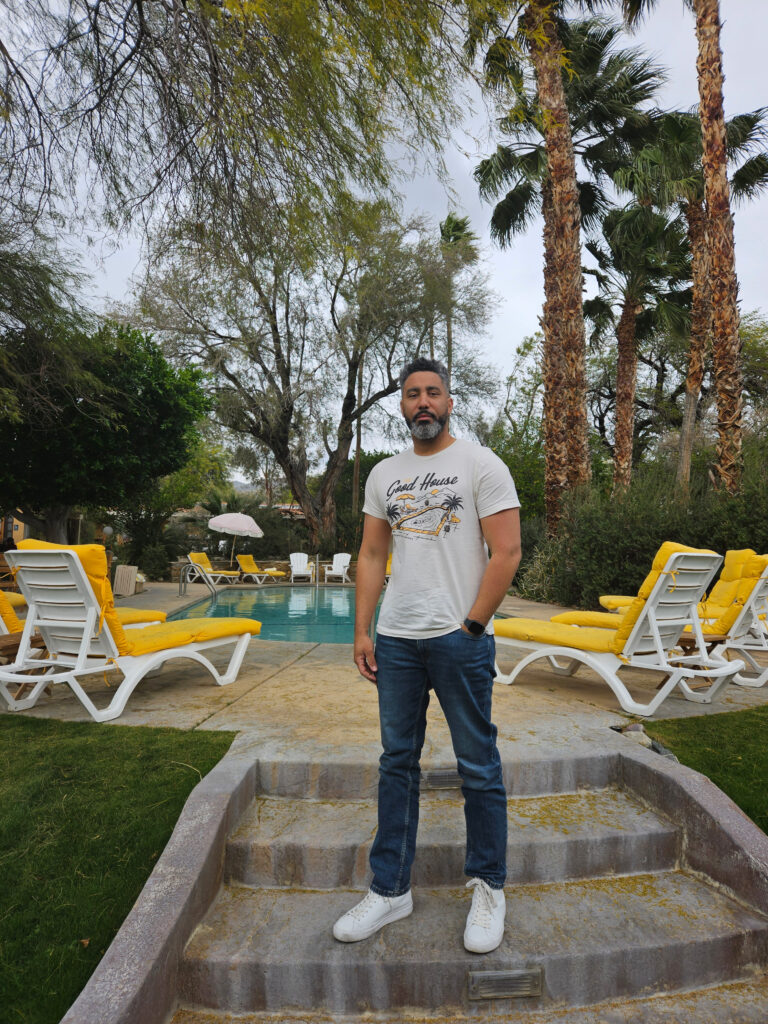
When considering what it means to be the first Black hotelier in the area, Edson doesn’t understand why there isn’t more. “I think we have to start looking into why there aren’t,” he says. “There are plenty of people [here] who make money. There are a lot of athletes and entrepreneurs, for example, who have money to invest. They’re not going in this direction. Why?”
Ice Cream & Shop(pe)
Athalie LaPamuk, a Brooklyn native with Haitian roots, moved to Palm Springs in 2014 to invest in the ARRIVE hotel in the downtown area. “After a few meetings with the hotel partners, we decided that I would take over one of the commercial spaces,” she says. “It wasn’t planned, and I hadn’t considered any other places or businesses. It just happened.”
Since then, LaPamuk made the city home and opened Ice Cream & Shop(pe), a combination ice cream parlor and gift shop, at the ARRIVE Hotel in North Palm Springs. She adds, “As a New Yorker, I thought it was important to have a late-night ice cream spot because isn’t that when people are craving ice cream?”
The Ice Cream & Shop(pe) is a great place to stock up on party favors and room decor for a girls’ trip or grab a last-minute birthday gift. It’s also a place to try fun ice cream flavors like pomegranate chip and vegan dates in honor of the popular dates grown in the region. In 2024, the shop turned eight years old, which meant a lot to LaPamuk as many businesses did not survive the pandemic. Black-owned small businesses closed at twice the rate of other companies in the early years of the pandemic, with 41 percent shutting down, according to April 2020 census data.
Royal Highness
Black entrepreneurs own just 2 percent of the cannabis companies in the over $18 billion industry. Keyva King, CEO of Royal Highness, is one of the few Black women who own a cannabis dispensary, and she is the only one in Greater Palm Springs.
King moved to Greater Palm Springs in 2014 for a job relocation from Moreno Valley and saw an opportunity to enter the cannabis industry full-time. Her Desert Palm Spring shop is just a few blocks from El Paseo Drive’s luxury retail center. “We are committed to offering a wide range of products that cater to our customers’ diverse needs and preferences, from medicinal cannabis products to recreational options,” she says.
Royal Highness has been in business for five years and offers its own product line of edibles, prerolls and buds.
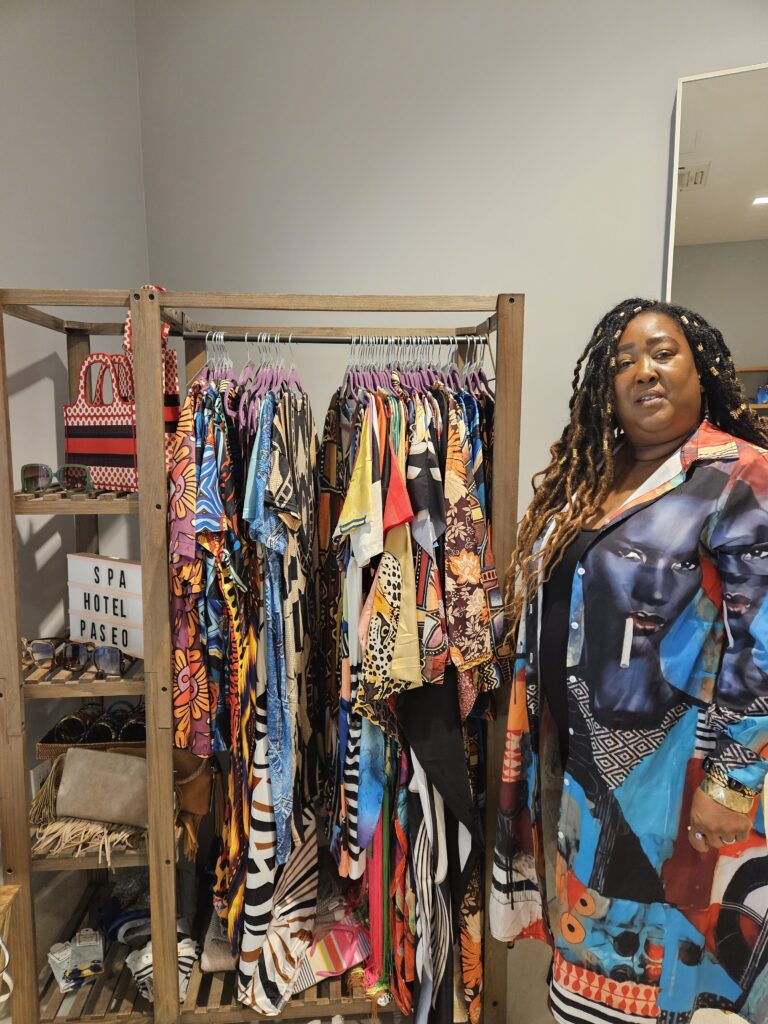
Aneka Brown Designs
El Paseo Drive is the Rodeo Drive of Greater Palm Springs. Amid the well-known luxury fashion retailers on the strip is Palmera Spa, located in Hotel Paseo, which features the gender-neutral clothing designs and accessories of Palm Springs’ native Aneka Brown that go up to a size 18. Visitors can also find items from her line at PS HomeBoys in Palm Springs and in select Macy’s stores. Her designs include fashions with African wax cloth and Black celebrity icons.
“In the Palm Springs area, people don’t know that there is an African American community,” says Brown. “They’re typically surprised, but it’s a pleasant surprise. You see the most concentration of Black-owned businesses in [Greater Palm Springs] at things like street fairs or when festivals are out here.”
Like Brown, many Black-owned businesses in the area don’t have brick-and-mortar spaces, instead activating pop-ups through vendor and partnership opportunities. Festivals and fairs are great ways to patronize more Black-owned businesses, Brown notes. This year, she organized the UNITY Fest, which hosted its first event at the Palm Springs Cultural Center. It celebrates the area’s cultural diversity with educational sessions highlighting Black, Indigenous, and Mexican American history.
Brown has seen Greater Palm Springs evolve. She says it’s more “diverse and eclectic” and has “changed for the better.” She hopes there are more opportunities for the community and culture to be more visible, to give visitors chances to learn more about its rich Black history.

